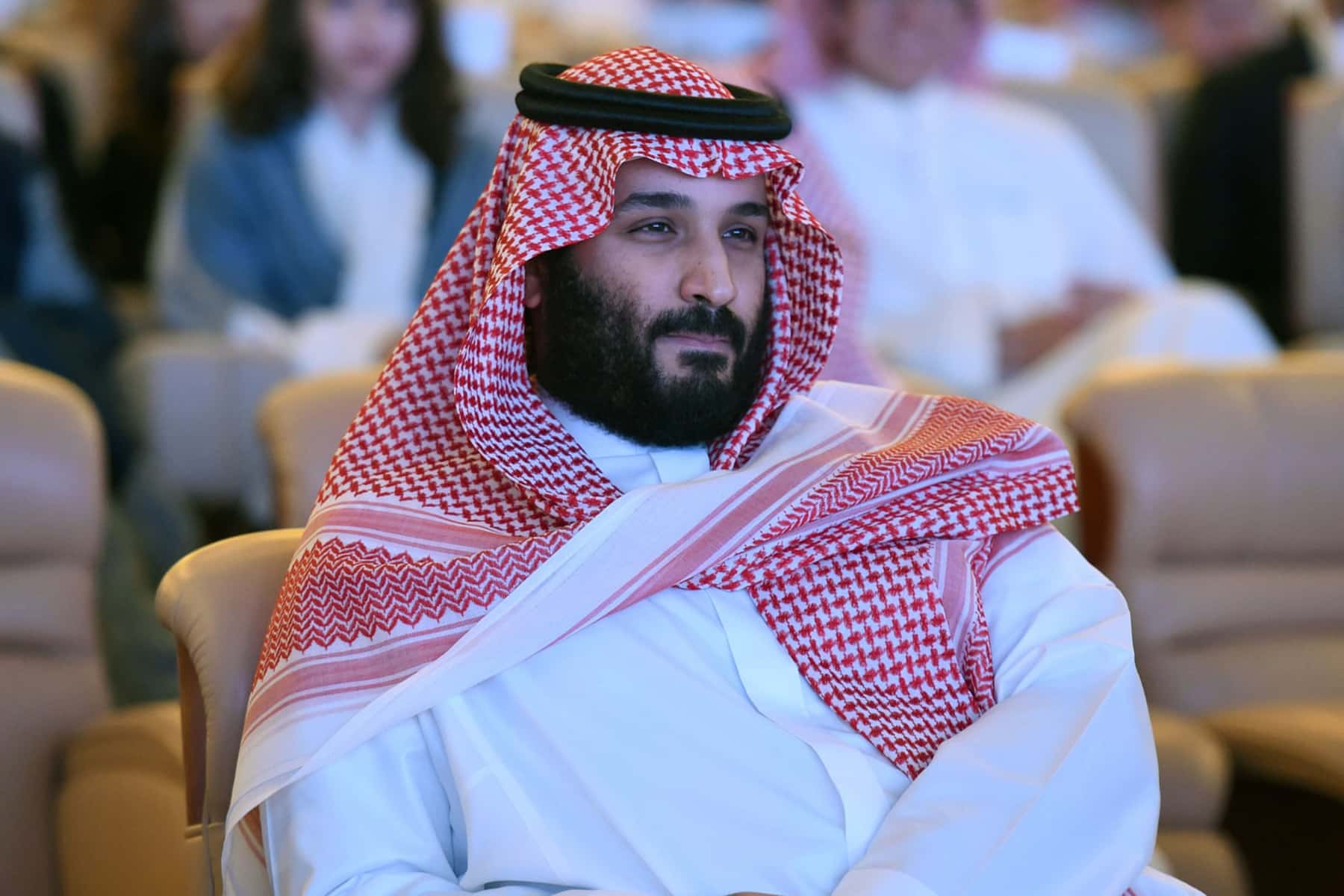
CNN and Financial Times join growing list of organizations to pull out of kingdom’s showpiece investment event.
A high-profile investment summit in Riyadh later this month is rapidly becoming a fiasco as prominent businesses and media groups have pulled out over Saudi Arabia’s alleged involvement in the disappearance and possible murder of the journalist Jamal Khashoggi.
The Financial Times, Bloomberg, CNN and CNBC have withdrawn as media sponsors.
The World Bank said it had previously informed the Saudi authorities that its president, Jim Yong Kim, would not be attending the Future Investment Initiative.
The world’s business elite were due to attend the Future Investment Initiative (FII), which begins in the Saudi capital on 23 October. However, some of the companies involved say they are withdrawing pending the outcome of investigations into Khashoggi’s disappearance, while others have pulled out unconditionally.
Saudi Arabia’s ambitious Vision 2030 project – the brainchild of the kingdom’s de facto ruler, Crown Prince Mohammed bin Salman – is strongly dependent on overseas investment, and the apparent shunning of the prestigious FII conference will be as disturbing to Saudi policymakers as the more distant threat of a US-imposed ban on arms sales.
The New York Times withdrew its sponsorship of the event on Wednesday, starting a domino effect of withdrawals around the globe. In a short statement, the Financial Times’ chief communications officer, Fiona McDonnell, said the newspaper would not be a partner of the conference while Khashoggi’s disappearance remained unexplained.
Media figures to pull out of the conference include Arianna Huffington, who runs the health firm Thrive Global, Patrick Soon-Shiong, the owner of the LA Times, and the CNBC anchor Andrew Ross Sorkin. The Viacom chief executive, Bob Bakish, and Uber’s chief executive, Dara Khosrowshahi, have also confirmed they will not attend.
“I’m very troubled by the reports to date about Jamal Khashoggi,” Khosrowshahi said in a statement late on Thursday. “We are following the situation closely, and unless a substantially different set of facts emerges, I won’t be attending the FII conference in Riyadh.” Saudi Arabia’s sovereign wealth fund is a major investor in Uber.
The US treasury secretary, Steve Mnuchin, said on Friday that he was still planning to attend. “If more information comes out and changes, we can look at that, but I am planning on going,” he told CNBC on Friday.
The conference organizers removed all the names of attendees from its website as the number of cancellations grew.
“Whilst it is disappointing that some speakers and partners have pulled out, we are looking forward to welcoming thousands of speakers, moderators and guests from all over the world to Riyadh,” an FII spokesperson said.
Sir Richard Branson has halted discussions with Saudi Arabia’s sovereign wealth fund about a planned $1bn investment in Virgin’s space companies. He has also suspended his participation in two advisory boards.
Christine Lagarde, the head of the IMF, is listed as a speaker at the conference. Jihad Azour, head of the IMF’s Middle East department, would not say if she would attend. “Like most of the people here and everywhere, we are waiting to have more information on this recent development,” Azour said.
The Economist’s editor-in-chief, Zanny Minton Beddoes, has withdrawn from the FII. An editorial in the latest issue contained a rebuke to Bin Salman, stating: “His brutish handling of even mild critics is overshadowing more admirable policies, which include curbing the religious police, letting women drive and encouraging them to work.
“As his regime starts to resemble an Arab nationalist dictatorship – socially liberal but centralized, paranoid and built on fear – his promise of a new, tolerant Saudi Arabia is receding.”
Patrick Wintour
Fayez Nureldine
Originally published as Saudi summit in crisis as Khashoggi case prompts mass withdrawals













